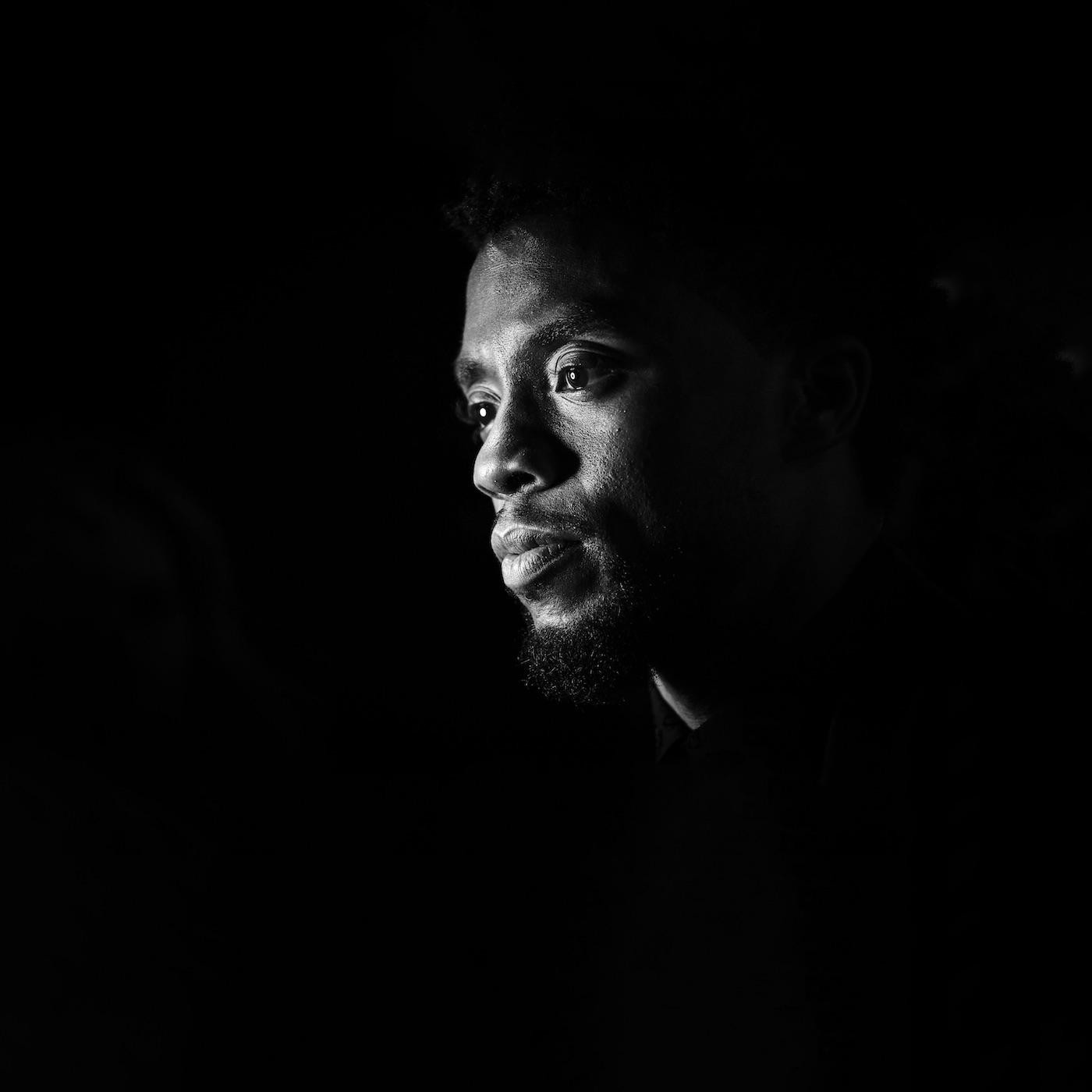He was only 43 and full of life. He was a young champion of Black storytelling in film and arts, who led through the example he set in his own career. Chadwick Boseman (B.F.A. ’00) shined as a pillar of Hollywood accountability to expand the diversity, equity and inclusion of what the world digested and believed about the people and culture of African diaspora.
Howard University was honored to have him return to the Hilltop as the 2018 Commencement speaker, where he was welcomed with the “Wakanda salute,” branded unofficially as “Howard Forever.” Throughout his college career, capped by a tenure as the president of Howard Players, many already saw him as a young emerging actor on the rise. When he came home to deliver his Commencement address, he arrived with a full circle view of what he accomplished through his dedication and how Howard contributed to his growth.
In his speech, he shared an experience that would shift the trajectory of his career. He had landed a role on a soap opera, playing a young man drawn into a gang. He later approached the producers to ask more about this character because he felt conflicted about playing a role that “seemed to be wrapped up in assumptions about us as Black folk,” he said.
He was let go from the job. However, he noted, “When I dared to challenge the system that would relegate us to victims and stereotypes with no clear historical backgrounds, no hopes or talents, when I questioned that method of portrayal, a different path opened up for me, the path to my destiny.”
That moment cemented his reputation and the roles he would play afterwards. He chose Black characters who he could portray as men of honor, with purpose and dignity. He recreated important historical figures in African-American history, such as Jackie Robinson, Thurgood Marshall and James Brown. He told Esquire magazine in 2018 that playing those roles were a “profound expression” of their individual experiences as African-Americans.
“The character is not existing separate from his Blackness,” he said. “I feel like our stories are some of the best American stories because of that.”
His fictional characters, too, were complex heroes that broke stereotypes. Starring as T’Challa/Black Panther in Marvel Studios’ worldwide phenomenon “Black Panther,” Boseman gave magnitude to his purpose. He made his debut in the Marvel Cinematic Universe as the African superhero in “Captain America: Civil War” in May 2016. He reprised the role again for “Avengers: Infinity War” in 2018.
Boseman’s other feature film credits include: the revenge thriller “Message from the King,” “Draft Day” opposite Kevin Costner, the psychological post-war drama “The Kill Hole” and Gary Fleders’ drama “The Express.” He played his last role as trumpet player Levee Green in “Ma Rainey’s Black Bottom,” earning a posthumous best actor Oscar nomination.
The characters Boseman portrayed will be celebrated, but his greatest gift to us was himself. Boseman told the graduates in 2018 that instead of looking for a job or career, find a purpose. “Purpose crosses disciplines. Purpose is an essential element of you. It is the reason you are on the planet at this particular time in history.” For Chadwick Boseman, his purpose became his legacy.
Article ID: 431




